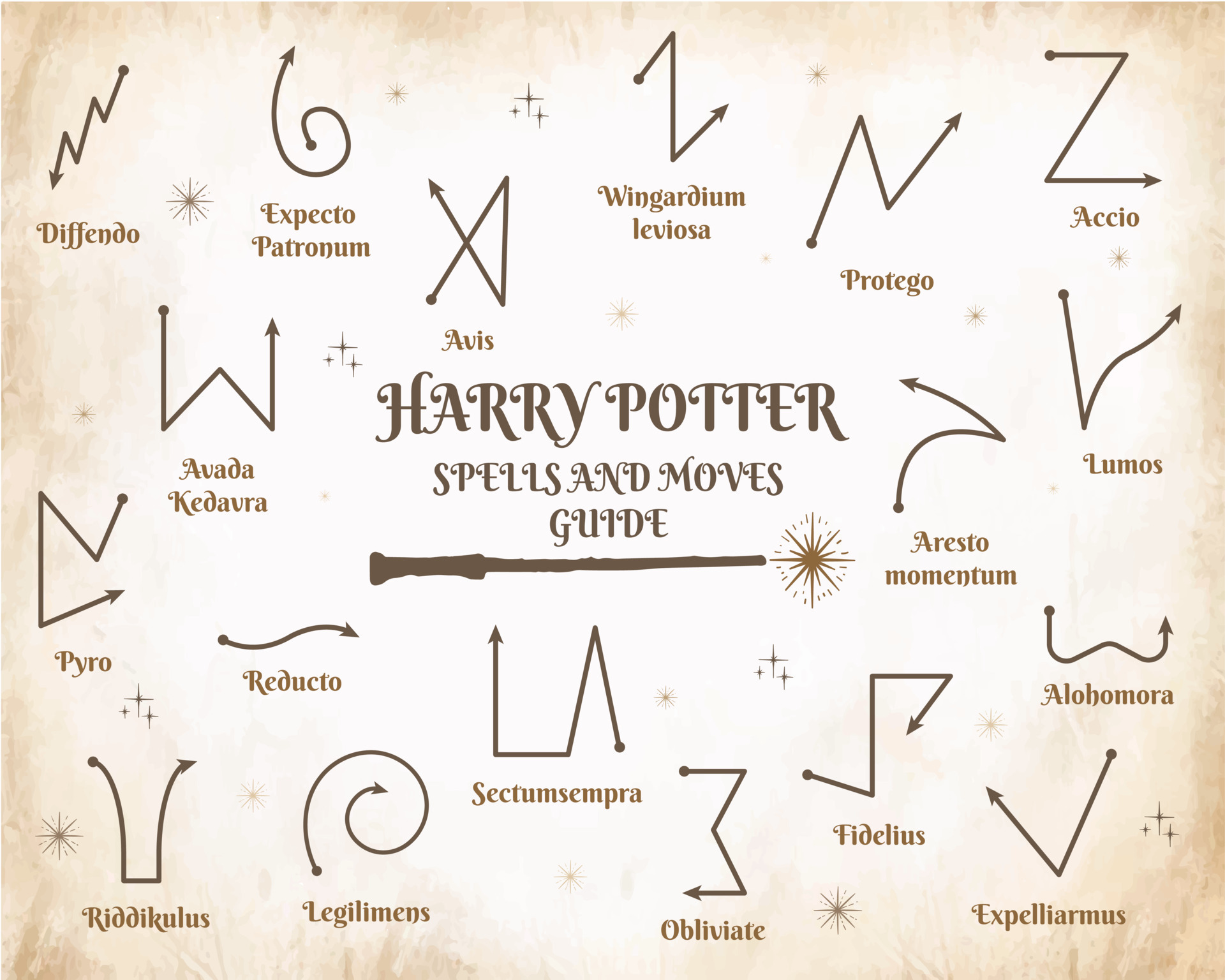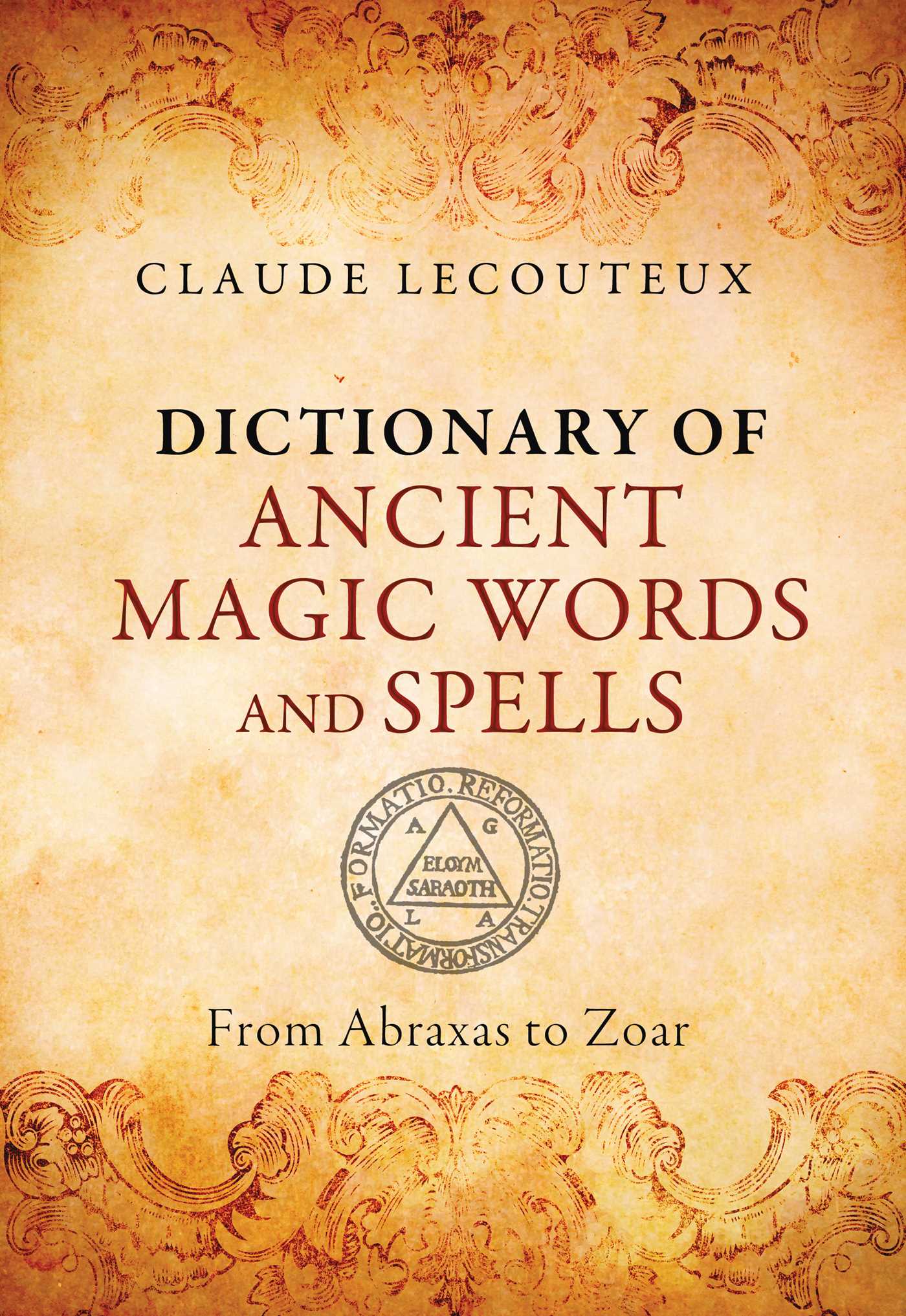Have you ever found yourself pausing, a little unsure, when trying to write the word for that wonderful sweet treat you enjoy after a meal? It happens to many people, you know, this small moment of hesitation. Getting the spelling just right for "dessert" can sometimes feel like a tiny puzzle, especially when another word sounds so much like it. It's a common mix-up, and you are absolutely not alone if you've ever wondered about those two 's's.
Think about it: language is pretty cool, but it also has its quirks. Some words just love to trick us with similar sounds or looks. This one, "dessert," is a classic example. You might be talking about a delicious cake, some ice cream, or a fruit pie, and suddenly, you're wondering if it's one 's' or two. It's a small detail, yet it can make a real difference in what you mean to say, or so it seems.
Today, we're going to clear up all that confusion, once and for all. We'll look at the best ways to remember how to spell "dessert" correctly every single time. We'll also explore why this word causes so much trouble, and how a few simple tricks can help you feel much more confident in your writing. So, let's get ready to make sure your sweet endings are always spelled perfectly, you know, without a second thought.
Table of Contents
- The Big Difference: Dessert vs. Desert
- Simple Tricks to Remember How to Spell Dessert
- Where Did Dessert Come From? A Little Word History
- Why the Confusion Happens
- Getting It Right Every Time: Helpful Spelling Tips
- The Joy of Getting Words Right
- Frequently Asked Questions About Dessert Spelling
- Wrapping Up Your Spelling Journey
The Big Difference: Dessert vs. Desert
Let's tackle the main source of the mix-up right away. There are two words that sound very similar but mean very different things: "dessert" and "desert." One has two 's's, and the other has just one. It's a pretty big deal to tell them apart, especially since one is about food and the other is about a place, or even leaving something behind. So, that's a key thing to keep in mind.
When you talk about "dessert," you're thinking about that delightful course that comes at the end of a meal. It's usually something sweet, a little treat to finish things off. Think of cakes, pies, puddings, or maybe even a scoop of ice cream. It's the part of the meal that many people look forward to the most, honestly.
Then there's "desert." This word has a few meanings, and that's where some of the trouble starts. Most often, people think of a "desert" as a dry, sandy place, like the Sahara or the Mojave. A place with very little water and often extreme temperatures. But "desert" can also mean to leave someone or something behind, like when someone "deserts" their post. It can also be a verb, meaning to abandon. So, you see, a single 's' changes things quite a bit.
Simple Tricks to Remember How to Spell Dessert
Okay, so how do we keep these two straight? There are some pretty neat memory aids, often called mnemonics, that can help you lock in the correct spelling of "dessert." These little tricks make it much easier to recall those two 's's. It's almost like a secret code for your brain, you know, to make it stick.
The Double 'S' for Sweet Stuff
This is probably the most popular trick, and it works really well for a lot of people. Think of "dessert" having two 's's because it's "sweet stuff." Both "sweet" and "stuff" start with 's', and "dessert" gets two of them. It's a simple connection that helps reinforce the double 's'. So, next time you're about to write it, just remember "sweet stuff," and you'll likely get it right, that's the hope anyway.
Want More Dessert?
Here's another one that's pretty fun and easy to recall. Most people, if they like sweet things, usually want "more" dessert. And what does "more" sound like? It sounds like "moor," which has two 'o's. While this isn't directly about 's's, the idea is that you want "more" of that delicious treat, and "more" often implies "extra" or "double." So, "more" dessert means "double S." It's a bit of a playful connection, but it helps many folks, you know, get it down.
Stress and Dessert
This trick is a favorite for many. Think about the word "stress." It has two 's's in it, right? And sometimes, after a long or busy day, you might feel a bit of "stress." What's a common way people try to relax or reward themselves after feeling that way? Often, it's with a nice "dessert." So, if you're feeling "stressed," you might reach for "dessert," and both words share those two 's's. It's a neat way to link them up in your mind, actually, and it tends to stick pretty well.
Where Did Dessert Come From? A Little Word History
Sometimes knowing where a word comes from can help it make more sense, or so it seems. The word "dessert" has its roots in French. It comes from the old French word "desservir," which means "to clear the table." So, it was the course served after the main dishes had been taken away. This makes a lot of sense, doesn't it? It's the final act of the meal, after all the plates are gone.
This origin story helps explain why it's spelled the way it is. The French word "desservir" itself has those two 's's, so when it made its way into English, it kept that double 's' structure. It's pretty interesting how words travel and change over time, yet sometimes keep their core spelling. This bit of history, you know, can make the spelling feel less arbitrary.
Understanding a word's background can often make it easier to remember its proper form. It provides a little story, a context, that helps your brain hold onto the information. So, when you think of "dessert," picture a table being cleared, and then those delicious sweets appearing. That image, with the French origin, might just help you recall those two 's's, which is pretty neat.
Why the Confusion Happens
It's fair to ask why these two words, "dessert" and "desert," cause so much trouble. There are a few reasons, and they are pretty common for many tricky words in the English language. One big reason is how they sound. They are pronounced almost identically, especially in casual conversation. This makes it hard to tell them apart just by listening, you know, when someone says them aloud.
Another reason is that English has a lot of words that look or sound alike but have different meanings. These are called homophones or near-homophones. Our brains naturally try to find patterns, and sometimes, those patterns can lead us astray when words are so similar. It's a bit like a mental shortcut that occasionally leads to a wrong turn. So, it's not your fault if you get them mixed up sometimes, honestly.
Also, the context doesn't always give it away immediately, especially if you're just quickly reading something. If you see "I love ____," it could be "I love dessert" or "I love the desert," depending on what the person is talking about. So, without the full picture, it's easy for the eye to gloss over the spelling and assume the wrong one. It's a subtle thing, but it really does make a difference, you know, in how we process words.
Getting It Right Every Time: Helpful Spelling Tips
Beyond the specific tricks for "dessert," there are general ways to improve your spelling that will help with all sorts of words. These are good habits to build, and they can make a real difference in your writing over time. It's about being a bit more aware and careful with words, honestly.
One very effective tip is to simply read more. The more you read, the more you see words spelled correctly, and your brain starts to recognize them visually. It's like building up a mental picture dictionary. So, pick up a book, an article, or anything that catches your eye, and just enjoy the words. This exposure, you know, really does help a lot.
Another great idea is to use a good dictionary. If you're ever unsure about a word, just look it up. There are plenty of online dictionaries that are quick and easy to use. This is a very reliable way to confirm spellings and even learn new words. You can find many great resources, like Merriam-Webster, which is a fantastic place to check. It's a bit like having a wise old friend who knows all the answers, isn't it?
Proofreading your work is also super important. After you've written something, take a moment to read it over slowly. Sometimes, reading it aloud can help you catch mistakes your eyes might miss. It's like giving your brain a second chance to spot any errors. This careful check, you know, can prevent many common slips.
Breaking words down into smaller parts can also be helpful. For "dessert," you might think "des-sert." This can make a long word seem less intimidating and help you focus on each section. It's a bit like taking a big task and breaking it into smaller, more manageable steps. This method, honestly, works for many longer words too.
Practice writing the word multiple times. If "dessert" is a word you often stumble on, try writing it out ten or twenty times. The physical act of writing it helps to cement the spelling in your memory. It's a simple, old-school method, but it's very effective for building muscle memory for words, you know, in your fingers.
While spell check tools are handy, don't rely on them completely. They can miss errors, especially when you've used a correctly spelled word but the wrong one for the context (like "desert" instead of "dessert"). So, use them as a helper, but always give your own eyes a final look. It's about being smart and using all the tools available, but still being the boss of your own words, basically.
Just like when you need to be precise when you "spell out a couple variables for the script to understand" in computer work, or when you learn "how to spell three correctly" so you don't misunderstand instructions, getting "dessert" right is about precision in language. It shows care and attention to detail. In "My text," it talks about being careful not to "run commands you don't understand," and spelling words correctly is a bit like that – it ensures clarity and avoids misinterpretations. It’s about being sure of your words, you know, just like being sure of your commands.
You can learn more about spelling tips on our site, and link to this page for other common spelling challenges. These resources are here to help you feel more confident in all your writing, honestly.
The Joy of Getting Words Right
There's a quiet satisfaction that comes with knowing you've spelled a word correctly. It's a small victory, but it adds to your confidence in communicating clearly. When you write "dessert" with those two 's's, you're not just putting letters on a page; you're clearly expressing your love for that sweet ending to a meal. It feels good, you know, to be precise.
Good spelling also helps your message come across clearly. When words are spelled right, readers can focus on what you're saying, not on trying to figure out a typo. It makes your writing look more polished and professional, whether it's an email to a friend or a report for work. It's a small detail that makes a big impact on how your words are received, pretty much.
So, take pride in those two 's's in "dessert." It's a word that brings joy to many, and getting its spelling right is a small way to share that joy clearly. Every time you write it correctly, you're building a stronger foundation for all your writing. It's a bit like building a sturdy house, brick by brick, you know, making sure everything is just so.
Frequently Asked Questions About Dessert Spelling
How do you spell dessert and desert?
You spell the sweet course after a meal as "dessert," with two 's's. The dry, sandy land or the act of leaving someone behind is spelled "desert," with only one 's'. It's a good idea to remember the difference, as a matter of fact, to avoid confusion.
What is the difference between dessert and desert?
The main difference is their meaning and spelling. "Dessert" (two 's's) refers to a sweet food item eaten at the end of a meal. "Desert" (one 's') can mean a dry, barren region, or it can be a verb meaning to abandon or leave. So, one is about food, and the other is about a place or an action, you know.
Is it desert or dessert for food?
For food, it is always "dessert" with two 's's. If you are talking about the sweet course that follows dinner, you will want to use the spelling with the double 's'. The single 's' version is never used for food, honestly.
Wrapping Up Your Spelling Journey
Well, there you have it! The mystery of how to spell "dessert" is now, hopefully, much clearer. Those two 's's are there for a reason, and with a few simple memory tricks, you can confidently use the word every single time. It's all about making those little connections in your mind, you know, that really help things stick.
Whether you think of "sweet stuff," wanting "more" of it, or associating it with relaxing after "stress," picking the right trick for you makes all the difference. Keep practicing, keep reading, and soon, spelling "dessert" will be as easy as enjoying a slice of your favorite cake. So, go ahead and write with confidence, knowing you've got this one down pat, pretty much!



Detail Author:
- Name : Estell Langworth
- Username : fmiller
- Email : leopoldo37@yahoo.com
- Birthdate : 1970-07-01
- Address : 303 Kutch Knolls Lake Isaiah, NY 05019-4788
- Phone : +19564121007
- Company : Gleason Ltd
- Job : Machinery Maintenance
- Bio : Dolor aut sunt fugiat cupiditate iusto. In non quisquam reprehenderit quo sit dignissimos. Aut temporibus saepe aut esse eaque provident id.
Socials
twitter:
- url : https://twitter.com/gerlache
- username : gerlache
- bio : Corrupti est fugit atque perferendis qui sit. Qui tenetur ea nisi ad. Omnis aspernatur ut recusandae vel.
- followers : 4314
- following : 1768
linkedin:
- url : https://linkedin.com/in/eleonoregerlach
- username : eleonoregerlach
- bio : Quod fugit distinctio quas nostrum quasi.
- followers : 6251
- following : 1630
instagram:
- url : https://instagram.com/eleonoregerlach
- username : eleonoregerlach
- bio : Dolorum quia facere aut eius aut. Est animi dolores rem omnis. Modi recusandae autem ea et vel.
- followers : 6695
- following : 675
facebook:
- url : https://facebook.com/eleonore_gerlach
- username : eleonore_gerlach
- bio : In alias eaque esse delectus vero.
- followers : 4722
- following : 625

